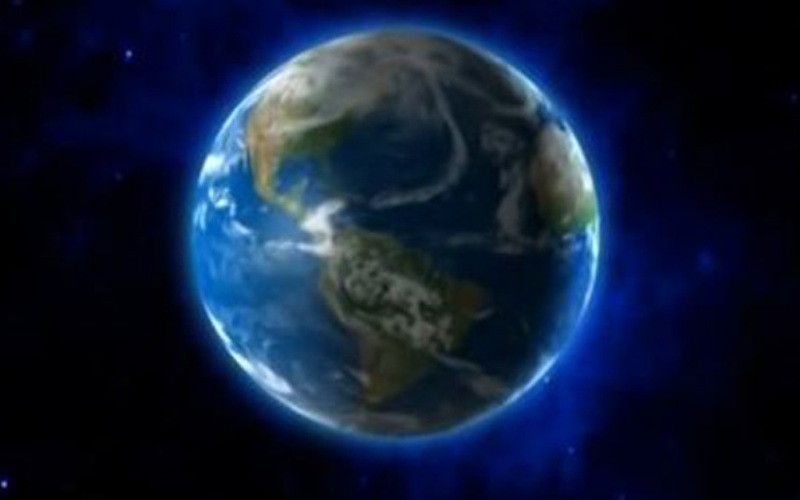New York: The world’s largest extinction wiped out plants before many animal counterparts, says new research.
Roughly 252 million years ago, nickel byproduct from a volcanic eruption in Siberia drifted to Australia, kicking off the Earth-spanning cataclysm known as the “Great Dying”.
Spewing carbon and methane into the atmosphere for roughly two million years, the eruption led to the extinction of about 96 per cent of oceanic life and 70 per cent of land-based vertebrates.
But the new study by the University of Nebraska-Lincoln researchers suggests that nickel may have driven some Australian plant life to extinction nearly 400,000 years before most marine species perished.
“That’s big news. People have hinted at that, but nobody’s previously pinned it down. Now we have a timeline,” said lead author Christopher Fielding.
The team studied fossilised pollen, the chemical composition and age of rock, and the layering of sediment on the cliffsides of southeastern Australia.
They discovered high concentrations of nickel in the Sydney Basin’s mud-rock – surprising because there are no local sources of the element.
The finding, detailed in the journal Nature Communications, points to the eruption of lava through nickel deposits in Siberia, said Tracy Frank, Professor at the varsity.
That volcanism could have converted the nickel into an aerosol that drifted thousands of miles southward before descending on, and poisoning, much of the plant life there.
Similar spikes in nickel have been recorded in other parts of the world, she explained.
The phenomenon may also have triggered a series of others: herbivores dying from the lack of plants, carnivores dying from a lack of herbivores, and toxic sediment eventually flushing into seas already reeling from rising carbon dioxide, acidification and temperatures.
Though the time scale and magnitude of the Great Dying exceeded the planet’s current ecological crises, Frank said the emerging similarities – especially the spikes in greenhouse gases and continuous disappearance of species – make it a lesson worth studying.
[source_without_link]IANS[/source_without_link]

